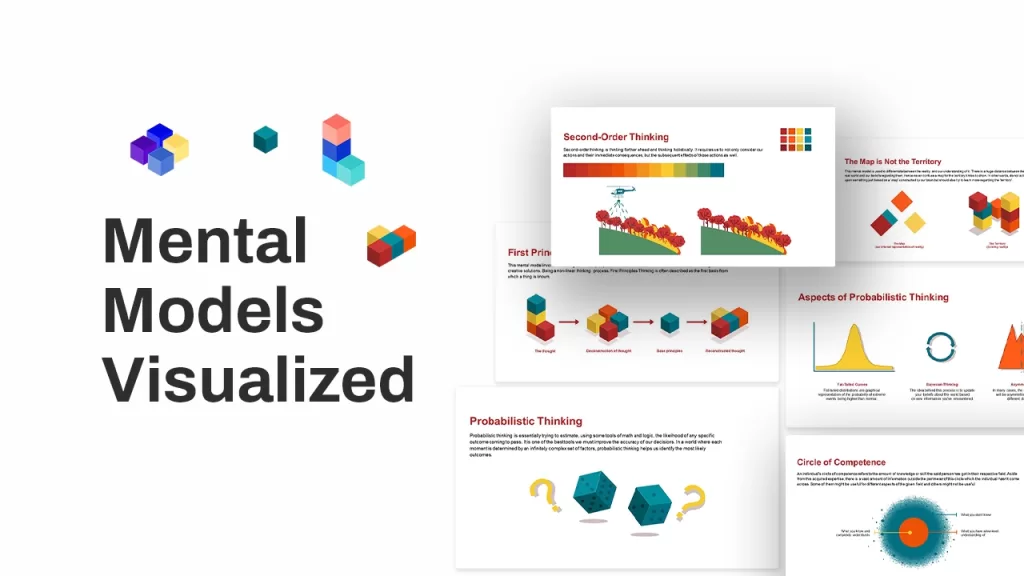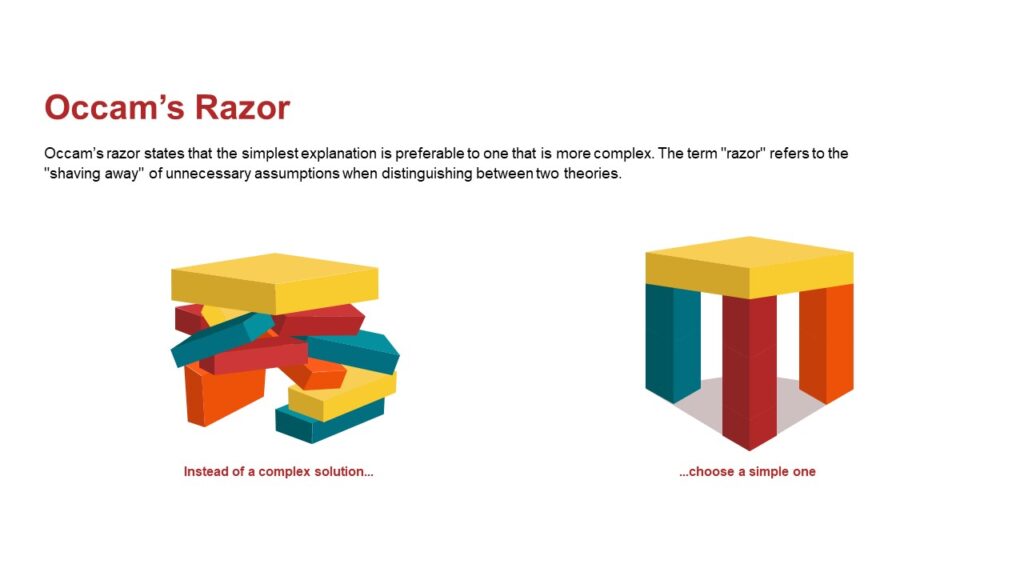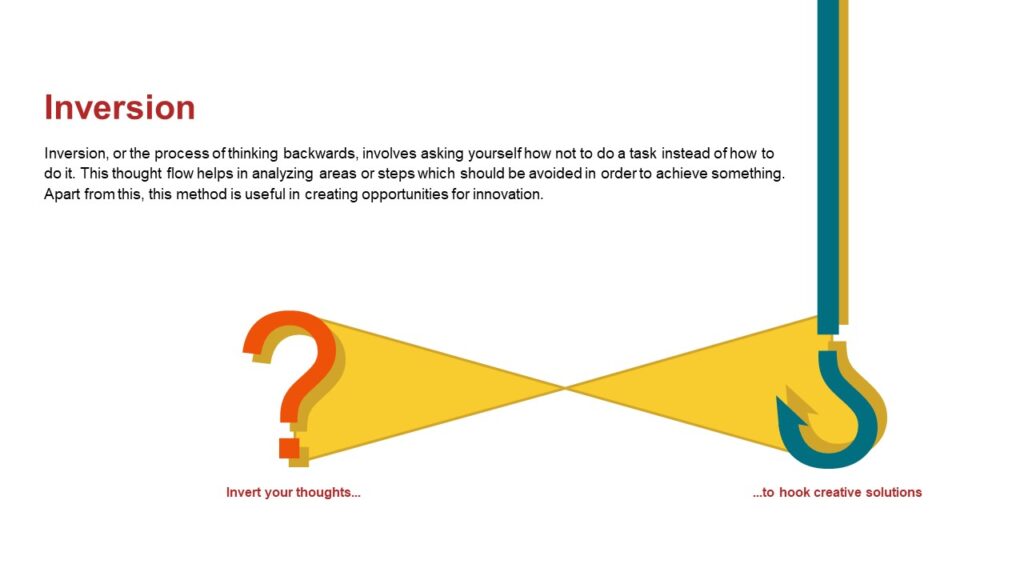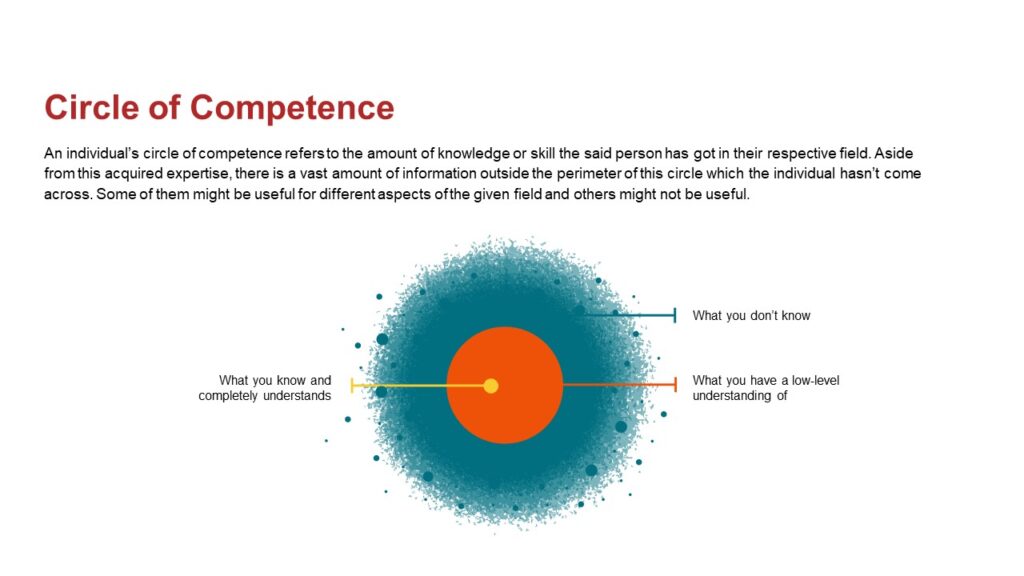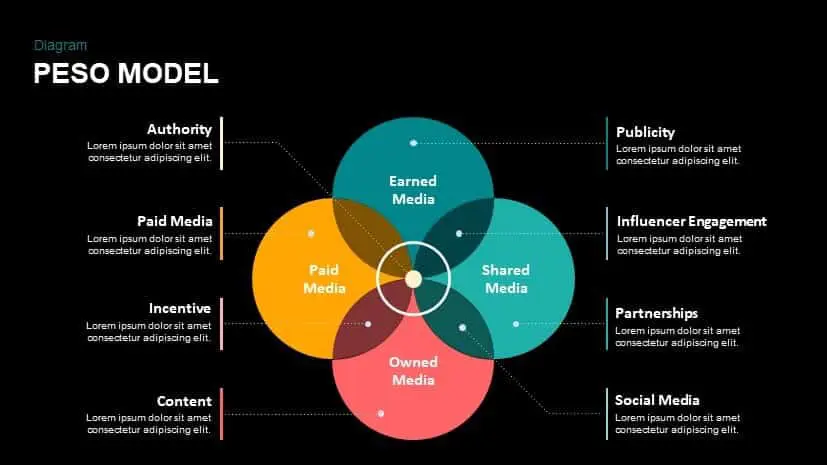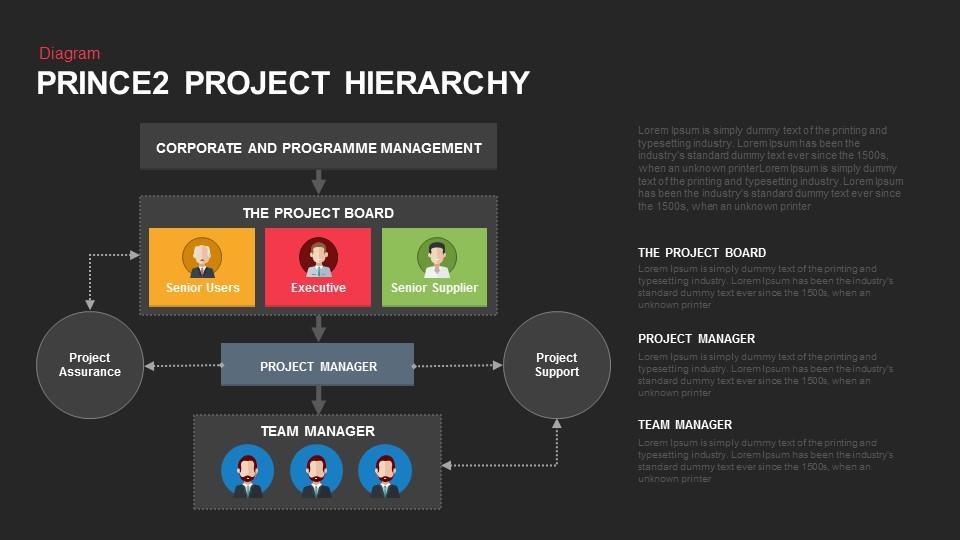Mental Models Explained with Memes
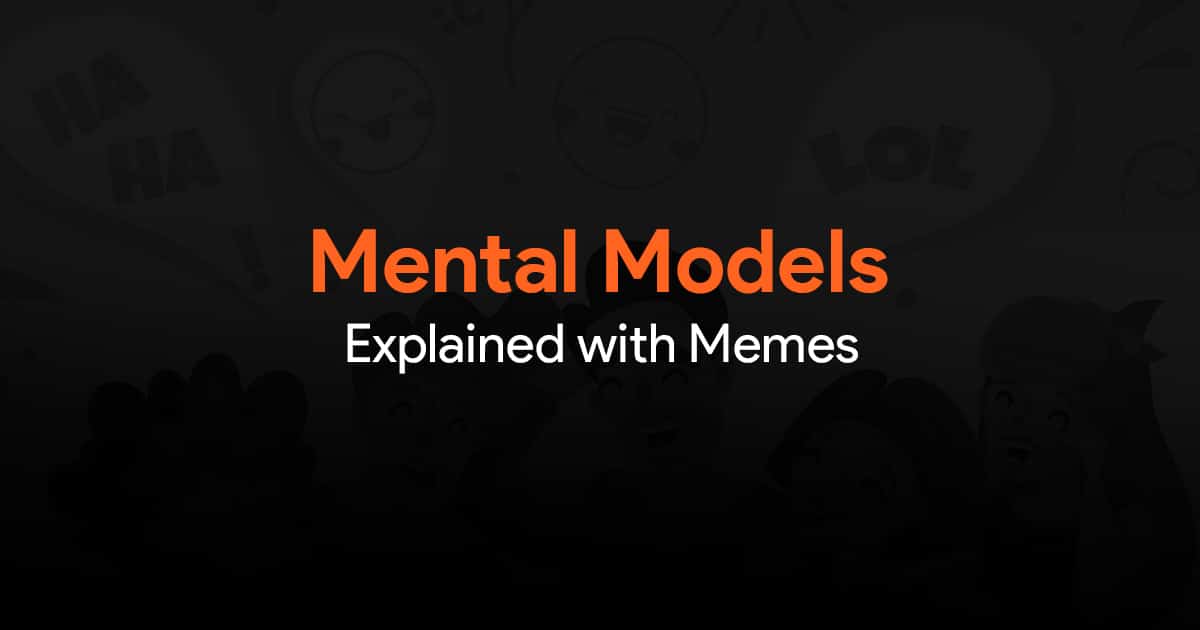
This article teaches you everything you need to know about mental models with the help of memes! Why memes? I think it’ll be more fun, plus I am sure by the time you’re done with this article, each mental model will be pretty much engrained into your head. These memes will help you remember each mental model. So, let’s get started.
What are mental models?
Mental models are how we understand life and the world around us. It helps us make sense of everything happening around us, simplify complexity, and shape our thinking. Here are some examples of popular models.
Before we begin, check out this free PowerPoint visualization of some popular mental models:
Examples of Mental Models
Occam’s Razor
According to this mental model, when you’re faced with multiple explanations for a particular problem, the simplest explanation is usually the right one.
Let’s explain this mental model with a meme:

We’ve all seen this meme. Now there could be 2 explanations as to why the boyfriend here is looking at the woman in red:
- He is attracted to her and wants to pursue a relationship with her.
- He likes what she’s wearing, I mean it is a nice red dress.
In this case, according to Occam’s razor, the more simple explanation 2 is likely to be more correct since it makes fewer assumptions. The first explanation requires more assumptions (like the man is unhappy in his current relationship, or is unfaithful in general, etc). I hope that clears up Occam’s Razor for you!
Inversion Mental Model
This mental model involves thinking about a problem or goal by considering the opposite or reverse of what you want to achieve. The inversion mental model is a pretty powerful mental model. The logic is this: instead of thinking of your desired outcome, focus on the outcome you’d like to avoid. It involves flipping a problem and looking at it from a different perspective. This may help you identify potential risks, obstacles or consequences that you may have overlooked.

Circle of Competence
The circle of competence is a mental model concept introduced by Warren Buffet. It refers to the idea that you should only focus on what you know and understand. In other words, you should only invest in opportunities that fall within your area of expertise and knowledge.
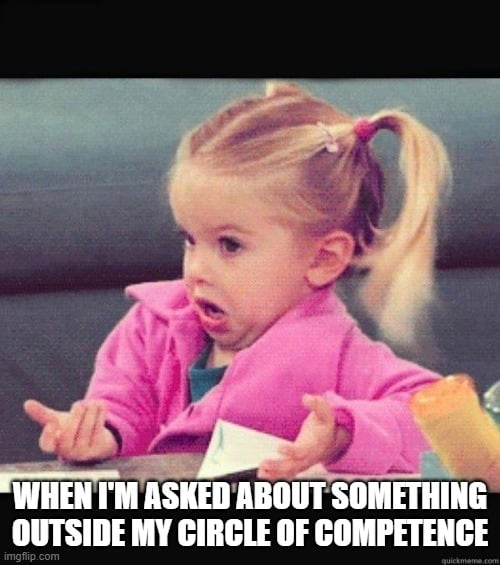
Bayes’ Theorem
Bayes’ theorem is a mental model that is based on the idea that your beliefs about the probability of an event should change as new evidence becomes available. In other words, the probability of an event happening is based on potentially relevant factors. These factors can be evidence from previous tests, current conditions, and other factors that could affect a new outcome.
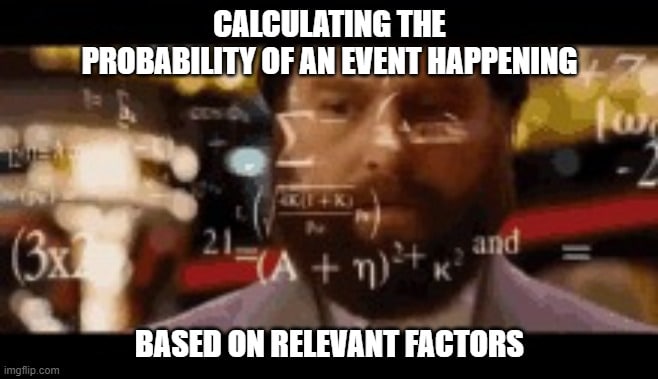
Confirmation Bias
Confirmation bias refers to the tendency for people to favor information that supports their existing beliefs. It involves the seeking out, interpreting, and remembering of information in a way that confirms a person’s pre-existing opinions while completely disregarding crucial information that contradicts them.
Let’s use an example to understand confirmation bias. If a person holds a strong opinion about a particular political issue, they will be more likely to pay attention to articles and sources supporting their viewpoint. They will most likely ignore articles and sources that offer a different perspective. As you can see, this can lead to a cycle of believing only in information that confirms one’s existing beliefs, while ignoring all the information that challenges them.
To protect yourself from confirmation bias, you should accept the fact that your perception should not always be taken as reality. Find different interpretations of what’s happening and look at things from a different perspective.
Fundamental Attribution Error
In simple terms, fundamental attribution error is the tendency to attribute a person’s actions to their personality or character, instead of external factors that may be influencing their behavior. This can be understood with a simple example. Let’s say you’re in a work meeting and one of your colleagues remains very quiet. If you make the fundamental attribution error, you may think that they are quiet because they are either inexperienced, or is disinterested in the meeting. In fact, you don’t consider that your colleague could just be shy, anxious or uncomfortable in groups.
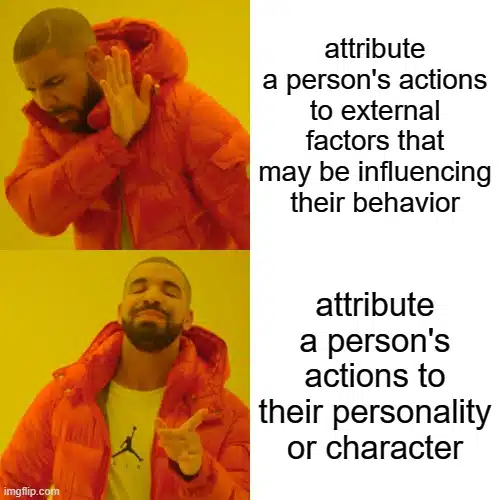
Margin of Safety
Margin of Safety is a concept that is commonly found in investing and financial analysis, but can be found almost anywhere if you think about it. The idea behind this mental model is to provide protection against unforeseen events, for example: market volatility.

This mental model encourages you to be cautious, and to think critically about the possible risks.
Here’s an example that will help you understand this mental model. Imagine you’re planning a trip for 2 days. You know that you only need to pack clothes for the 2 days. But then there’s always a possibility that you might need an extra pair of shorts, or t shirts. This is how this mental model works.
Opportunity Costs
This mental model refers to the potential benefits that are lost when choosing an option over another. For example, consider you just won the lottery. You could splurge all that money on expensive things instead of investing it. By doing the former, the opportunity cost would be the potential profits you could have made by investing the money.

Another example is when you spend all your time browsing your phone on TikTok, instead of spending time on yourself. The opportunity cost here is all the benefits you could have received by working on yourself. Simple as that.
Conclusion
So there you have it, popular mental models explained with silly memes. We hope this article has helped you understand some of the mental models clearly. We will be updating this article with more mental models and memes. So be sure to bookmark this page and come back again!
